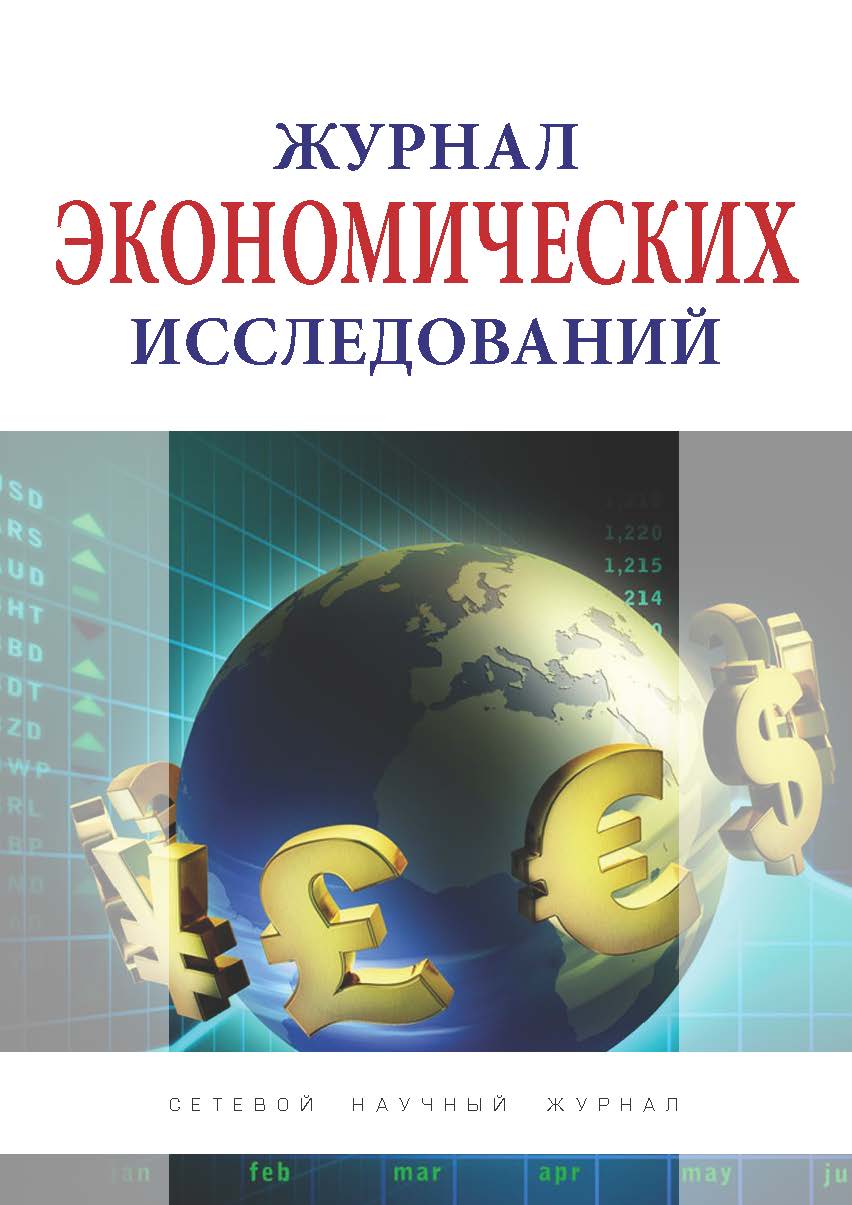Moscow State University. M.V. Lomonosov (Department of Socio-Cultural Design and Development of Territories, professor)
Moskva, Moscow, Russian Federation
The article considers current trends in the application of the "Functional Problems" model by F. Liden in the cultural environment. It is shown that the change in the level of human needs in the conditions of post-industrial society development leads to a permanent increase in people's expectations in terms of ensuring the desired proportions in work and leisure. In these conditions, the requirements for cultural facilities are steadily increasing, forced to solve the problems of functional gaps between existing capabilities and consumer demands. The purpose of the presented work is to study the possibilities of applying the "Functional Problems" model of the organization's life cycle (author F. Liden) in the cultural sphere in the modern conditions of post-industrial economy development. The scientific novelty of the presented research lies in the fact that, based on the consideration of current trends in the application of the "Functional Problems" model by F. Liden in the cultural environment, a diagram of a cultural enterprise as a system based on the use of the tools of the "Functional Problems" model by F. Liden is presented. The practical significance of the obtained results is that, taking into account the achievements of world economic science, the possibilities of determining modern prospects for the development of the cultural sphere, the main problems and ways to solve them are expanding using the proposed scheme of a cultural enterprise as a system based on the use of the tools of the "Functional Problems" model by F. Liden.
functional problems, F. Liden's model, cultural sphere, management system
1. Povet'ev K.V., Beregovaya I.B. Zhiznennyy cikl organizacii // Materialy Mezhdunarodnoy (zaochnoy) nauchno-prakticheskoy konferencii. - 2018. - №2. - S. 288-295. EDN: https://elibrary.ru/YUCWVW
2. Ruzhanskaya, L.S. Teoriya organizacii: Uchebnoe posobie / L.S. Ruzhanskaya, A.A. Yashin, Yu.V. Soldatova. – M.: Flinta, 2016, - 200 s.
3. Anthony Downs; Rand Corporation. Inside Bureaucracy – Boston: Little, Brown, 1967. – 108 s.
4. Adizes I. Corporate Lifecycles: How and Why Corporations Grow and Die and What to Do about It. Englewood Cliffs. N.J.: Prentice Hall, 1988. – 150 s.
5. Rozanova N. M., Kadykova A. A. The use of life cycle approach in the economic analysis of the firm / Modern economic theory, 2012. - p. 8–21.
6. Shirokova G.V. Zhiznennyy cikl organizacii: koncepcii i rossiyskaya praktika / G.V. Shirokova. - SPb.: SPbGU, 2008. - 480 s. EDN: https://elibrary.ru/OXICZM
7. Ivanova T.B., Pereverzev N.A. RAZVITIE TEORII ZhIZNENNOGO CIKLA PREDPRIYaTIY V SOVREMENNYH USLOVIYaH. // Izvestiya Sankt-Peterburgskogo gosudarstvennogo ekonomicheskogo universiteta. 2016. №3, S.75-81. EDN: https://elibrary.ru/VWVUKF
8. Tebekin A.V., Mitropol'skaya-Rodionova N.V., Horeva A.V. UChET SILY LIDERSTVA PRI FORMIROVANII I REALIZACII STRATEGII RAZVITIYa KOMPANII. // Zhurnal ekonomicheskih issledovaniy. 2021. T. 7. № 5. S. 29-40. EDN: https://elibrary.ru/HNONOB
9. Kazakova T.V. ZhIZNENNYE CIKLY V UPRAVLENII PREDPRIYaTIEM. // Rossiyskiy ekonomicheskiy vestnik 2019, Tom 2, №6, s.184-190. EDN: https://elibrary.ru/BUNWQS






